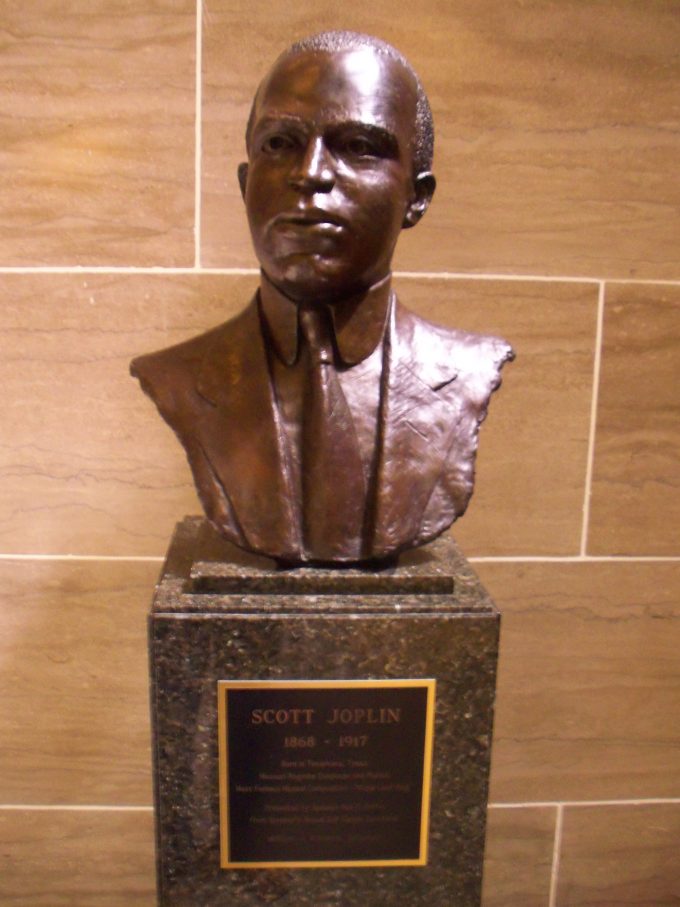
Wednesday, 7 February 2018
And those who have believing masters, let them not despise them because they are brethren, but rather serve them because those who are benefited are believers and beloved. Teach and exhort these things. 1 Timothy 6:2
Paul continues with the responsibilities of bondservants. He has addressed their state in general with the previous verse, and now he specifically addresses those “who have believing masters.” A believing slave who has a believing master is under an additional obligation. The situation could seem cumbersome or illegitimate, but such is not the case. Paul specifically demonstrates this with his words. The master/slave relationship is valid, even when both are believers. And so as instruction to the slave he says, “let them not despise them because they are brethren.”
There should be no time that a slave (think the same of the employee relationships of today) should say, “Because my master (boss) is a believer, I should be treated in a new and unique way, no longer under the old way.” Rather, there is no reason why the status between the two should be changed. A master has a right to his property, and a boss has a right to be in control of those under him. The master (or employer) is to be served faithfully and without some type of questioning about his status as a Christian being addressed at all. Instead, in relation to the master, the bondservants should “rather serve them because those who are benefited are believers and beloved.”
These particular words are highly debated as to what Paul is saying. The ones “benefited” are argued by some to be the slaves – in other words, the slaves receive the kindly acts of the masters. Others say that it is the masters who are “partakers of the benefit of the labors of the servant.” Others see this as “the benefit which the gospel imparts.” Each of these is possible, but Paul’s words are directed to the bondservants, and so it is likely that the ones benefited are the masters. The onus is on the slave, and the reward is to the believing master. This is because they “are believers and are beloved.” Charles Ellicott says the thought of this is, “Every good piece of work I do will be a kindness shown to the one who my Lord loves.”
This adequately explains the entire thought. The slave (or employee) is to serve all the more faithfully because he is serving not the master, but the Lord through the master. This is supported by Paul’s words to the bondservants at Ephesus in his epistle to that church as a whole –
“Bondservants, be obedient to those who are your masters according to the flesh, with fear and trembling, in sincerity of heart, as to Christ; 6not with eyeservice, as men-pleasers, but as bondservants of Christ, doing the will of God from the heart, 7 with goodwill doing service, as to the Lord, and not to men, 8 knowing that whatever good anyone does, he will receive the same from the Lord, whether he is a slave or free.” Ephesians 6:5-8
Paul then finishes the thought with, “Teach and exhort these things.” The words are probably not limited to the issue of bondservants, but instead cover everything from Chapter 5 through to this verse here. All of the interactions between people within the church, all of the responsibilities of those same people, and all of the things which have been exhorted by Paul are to be taught to them, and then they are to be exhorted regularly to the body.
Life application: It is our duty as those who serve under others to do so faithfully and honorably. How much more should this be the case when we are serving fellow Christians. We are honoring the Lord in following this course of action.
Lord God, help those of us who serve others to do so faithfully and with the attitude that You are being honored through our service. And for those of us who work under fellow Christians, let us be all the more willing to serve them because they are beloved by You, and so in serving them faithfully, we will be honoring you. Help us in this, O Lord. Amen.




